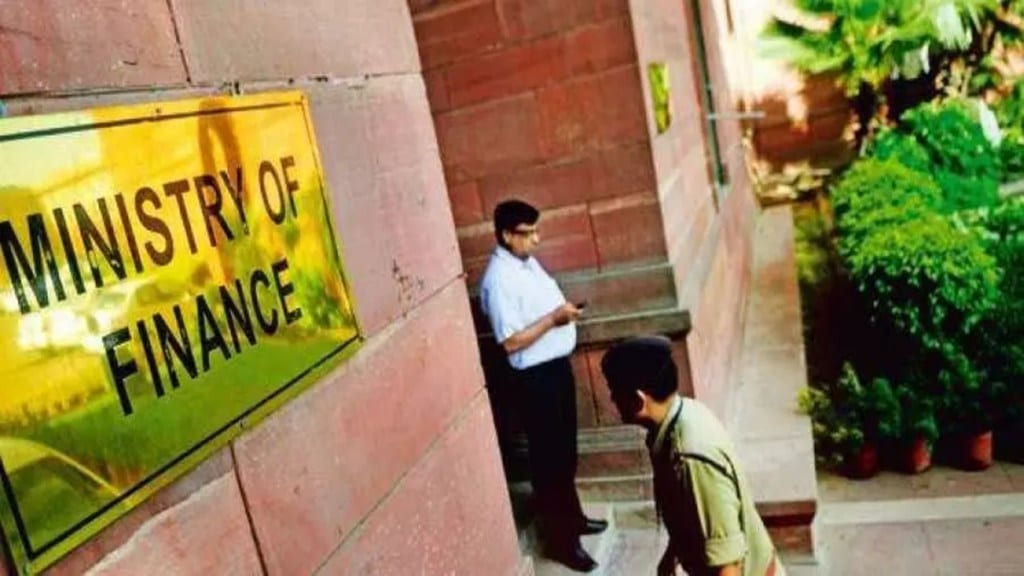The finance ministry has communicated revised guidelines for the Central Know Your Customer (CKYC) to all the financial sector regulators, who will issue these to their regulated entities to make the lives of citizens comfortable while availing financial services across the sectors.
The revamped KYC norms were finalised by a panel of the department of financial services and shared with the financial regulators about three weeks ago, sources said. These will be implemented by the Reserve Bank of India (RBI), the Securities and Exchange Board of India (Sebi), the Insurance Regulatory and Development Authority (IRDA) and the Pension Fund Regulatory and Development Authority (PFRDA), among others.
“The first fundamental principle was that regulators will have a common e-KYC norm and then a risk-based graded e-KYC system,” a senior official said.
Similarly, it was conveyed that citizens should not be subjected to harassment by asking them to do e-KYC repeatedly and seeking documents.
The revamped CKYC will also address issues related to portability and aggregators to ensure that investors/customers operate across the financial sector without having to do KYC paperwork repeatedly.
The revised norms will help in seamless KYC processes across the financial sector to enhance user experience by prescribing common KYC norms, simplification and digitalisation of the KYC process.
The department of financial services panel headed by secretary M Nagaraju had finalised the revised CKYC norms. The panel included senior officials from relevant ministries/departments, financial sector regulators, financial institutions, and other stakeholders.
Finance minister Nirmala Sitharaman in her 2025 Budget speech had said that “the revamped Central KYC Registry will be rolled out in 2025. We will also implement a streamlined system for periodic updating.”
Currently, outdated verification processes lock out genuine users from essential services. The registry will help in reducing onboarding friction, strengthen identity verification, opening up the digital economy while keeping fraud at bay.

